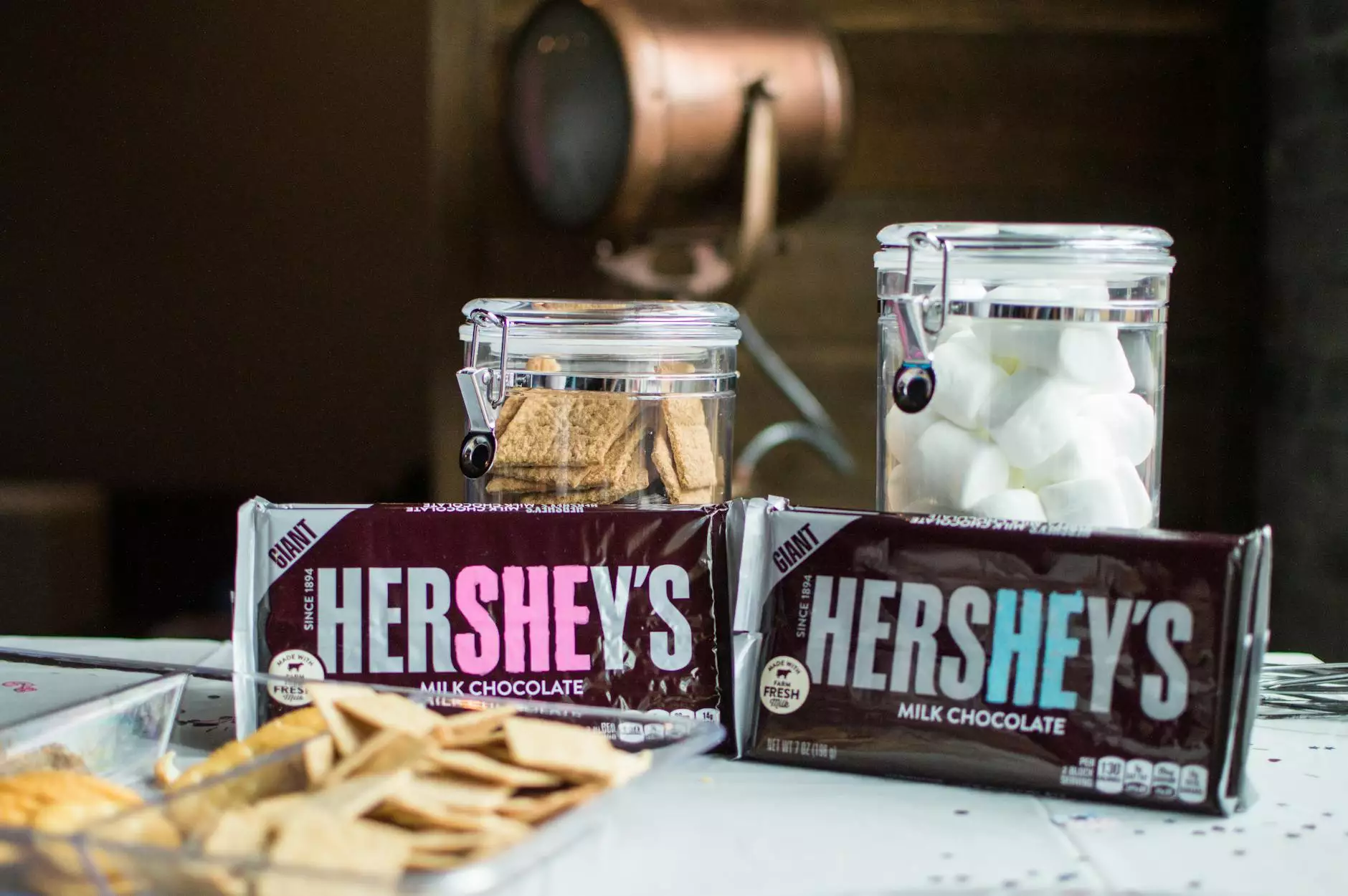Brazil Sugar Export Companies: Leading Suppliers in the Global Market

Brazil, recognized as the world’s largest producer and exporter of sugar, has a booming industry that significantly influences the global market. The Brazil sugar export companies play a pivotal role in supplying one of the most demanded commodities in the world. This article delves into the intricacies of the Brazilian sugar export industry, highlighting key players, market dynamics, and trends shaping the future of sugar exports from Brazil.
The Economic Impact of Sugar Exports in Brazil
The sugar industry is a cornerstone of Brazil's economy, contributing to agricultural exports, job creation, and foreign exchange earnings. In 2023, the sugar export revenue exceeded $10 billion, demonstrating the sector's vital role in Brazil's economic landscape. The growth of this sector can be attributed to various factors:
- Favorable Climate: Brazil’s diverse climatic conditions and fertile land provide an ideal environment for sugarcane cultivation.
- Advanced Agricultural Techniques: Brazilian farmers employ modern farming practices, which enhance productivity and sustainability.
- Government Support: The Brazilian government actively supports sugarcane producers through subsidies, trade policies, and research investments.
Top Brazil Sugar Export Companies
Numerous Brazil sugar export companies dominate the market, each contributing uniquely to the industry. Here are some of the leading players:
1. Cosan S.A.
As one of the largest sugar and bioenergy companies globally, Cosan is integral to Brazil's sugar exportation. With a robust production capacity and a commitment to sustainable practices, Cosan exports high-quality sugar to various countries, solidifying its position as a market leader.
2. Raízen
A joint venture between Cosan and Shell, Raízen is a powerhouse in sugar production and biofuels. They leverage advanced technologies for efficient sugarcane processing, ensuring a high-quality product that meets international standards.
3. Grupo São Martinho
Grupo São Martinho is known for its innovative approaches to sugar production and energy solutions. With expansive sugarcane plantations, they export a significant volume of sugar while maintaining a focus on environmental sustainability.
4. Biosev
Operational across multiple states in Brazil, Biosev emphasizes operational excellence and sustainability in sugar production. Their commitment to quality has positioned them as one of the top exporters of sugar in Brazil.
5. Usina São João
With a rich history, Usina São João has grown to be recognized for its quality sugar products. Their strategic investments in technology and improvements in production methods enhance their export capabilities.
Sugar Export Process
Understanding the sugar export process is essential for grasping how Brazil maintains its dominance in the global market. The process typically involves several crucial steps:
1. Cultivation and Harvesting
The journey begins with the cultivation of sugarcane, which requires careful attention to soil management, pest control, and irrigation. Once harvested, sugarcane undergoes immediate processing to ensure maximum sugar extraction.
2. Processing and Refining
The raw sugarcane is processed through a series of crushing, boiling, and refining stages. This process minimizes impurities and maximizes the sugar yield, ensuring that the final product meets international quality standards.
3. Packaging and Distribution
Once processed, sugar is packaged according to market specifications. Brazilian sugar is typically exported in bulk or as packed products, ready for distribution through various channels worldwide.
4. Export Logistics
Export logistics are crucial for the timely delivery of sugar to international markets. Brazilian companies usually utilize well-developed shipping routes through major ports such as Santos, ensuring efficient access to key markets in Europe, Asia, and the Americas.
Brazil's Competitive Advantage in Sugar Exports
Brazil holds a competitive advantage in the sugar industry due to several key factors:
- Economies of Scale: Large-scale production capabilities allow Brazilian companies to produce sugar at lower costs compared to many other countries.
- Diverse Product Range: Brazilian exporters offer a variety of sugar products, including raw sugar, refined sugar, and specialty sugars, catering to diverse global needs.
- Established Trade Relationships: Brazil has cultivated robust trade relationships with major importers, enhancing its export stability.
Sustainability and Ethical Practices in Sugar Export
As global demand for sustainability increases, Brazil's sugar export companies are adopting practices that align with ethical standards. These include:
- Responsible Land Use: Companies are implementing practices that minimize deforestation and promote biodiversity.
- Water Conservation: Efficient water management systems are being adopted to reduce water wastage in sugarcane cultivation.
- Social Responsibility: Many companies support local communities by investing in education, health, and infrastructure, ensuring that sugar production benefits all stakeholders.
Future Trends Influencing Brazil Sugar Export Companies
The global sugar market is evolving, and several trends are likely to impact Brazil's sugar export companies:
1. Increasing Demand for Organic Sugar
As consumers become more health-conscious, the demand for organic and sustainably sourced sugar is on the rise. Brazilian sugar exporters are adapting their practices to meet this demand, thus opening new markets.
2. Technological Advancements
Technological innovation in farming techniques, processing methods, and supply chain management will continue to enhance efficiency and product quality, giving Brazilian exporters a competitive edge.
3. Global Trade Dynamics
Shifting global trade policies and relations can impact export decisions. Brazilian companies must stay vigilant and adaptable to navigate these changes effectively.
Conclusion
The Brazil sugar export companies are not just key players in the agricultural export sector; they are innovators, sustainability advocates, and economic drivers. With their commitment to quality, efficiency, and responsible practices, these companies are well-positioned to lead the global sugar market for years to come. As competition increases, the adaptability and technological advancements within this sector will only enhance Brazil’s reputation as a top supplier of sugar globally.
For more information on leading sugar suppliers and export opportunities in Brazil, visit brazilsugartopsuppliers.com.









